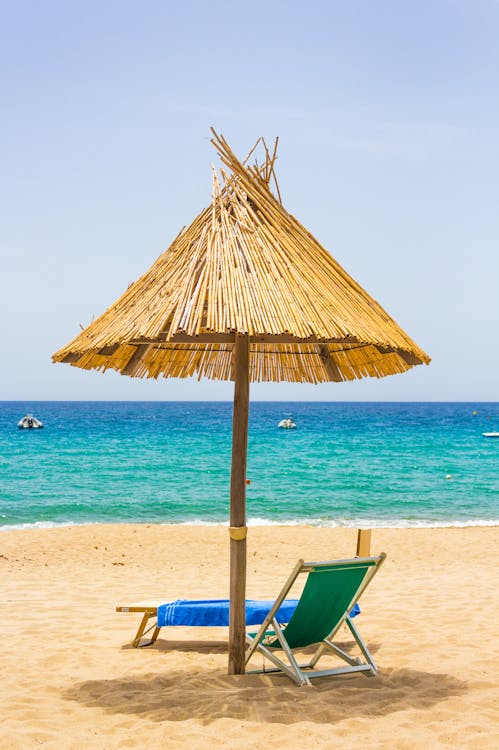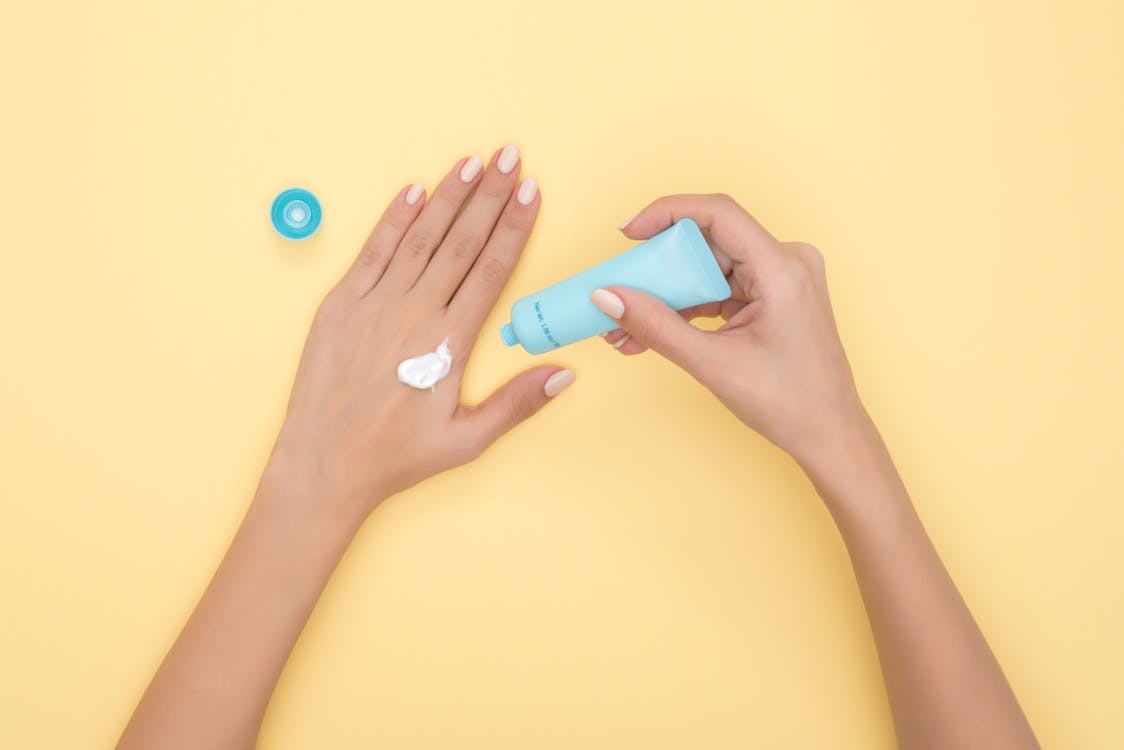With each summer season there’s always a rise in people getting hyped up about spending more time outdoors, and considering the last few years we had, the excitement is long overdue. As such, a lot of people in the UK suffer from being sunburnt each year as UV (Ultraviolet) rays are stronger primarily due to the position of the earth in relation to the sun. There are 3 different types of UV rays, UVA, UVB and UVC, concerning the intensity of the rays. UVA is the most dangerous whilst B is less harmful, but UVC cannot enter our ozone layer.
Most people do not know that getting sunburned even in winter is possible. But with the help of a good skincare routine, you can take simple steps to make sure that you stay safe. Despite the UV index appearing to be lower during the winter, reflected UVB and UVA rays can cause a lot of damage, though not at the same level as summer burns but still unwelcome. It’s essential to protect yourself as well as prevent any possible damage to your skin by making sure you get essential skincare products in your nutrimetics catalogue.

Shield
Sunburn in both winter and summer usually has the same effects and, as such, can be combated with about the same measures on either front. Sunburn in summer usually requires that you keep your skin moisturised and protected by using sunscreen as a block for harmful UV rays. In winter, the same advice should be heeded. Additionally, because of the cold, it’s important to cover up and not forget to apply some sunscreen on your face, as winter usually collects a lot of snow and ice on the ground. These surfaces are highly reflective of the sun’s rays, and according to the WHO, as much as 80% of the UV that hits the ground is redirected back and, as such, hits our bodies from multiple angles as such Dermatologists advise the use of sunscreen options with at least (Sun Protection Factor) SPF which is above 30 and above as it should protect you from 97% of all UVB rays. Higher SPF options are advised if you are travelling to warmer regions.
Prevent
To keep yourself safe preventative measures are also encouraged as these are usually the best to pair with any plan to tackle the season. This can be done by:
- Wearing covered clothing and hats
- Avoiding prolonged and repeated exposure to direct sunlight or highly reflective snow and ice-covered areas
- Apply sunscreen often if you are in an environment that has a lot of direct or indirect UV
- Staying hydrated
- Be aware of the effects of your medications like Tetracycline-based antibiotics, Tricyclic antidepressants, Older antihistamines, some antifungal medications and more – as these can increase sun sensitivity.
Repair
If you, unfortunately, get sunburnt, it’s still something that could still be remedied.UVB rays at most cause skin redness and burns, but UVA rays can cause sunspots and premature ageing. It’s important to;
- Seek treatment immediately
- Use aloe vera creams, and
- Drink lots of water, as this assists skin repair

In Conclusion
Regardless of your race, It’s of utmost importance to avoid getting sunburnt as, in some cases, you might get skin cancer which is a lot more common as studies show that skin cancer is the most common kind of cancer diagnosed in the US and UK, even if you have black skin. Therefore, it’s crucial to have regular health checks to identify and remove any cancerous cells before they spread to other parts of the body.






